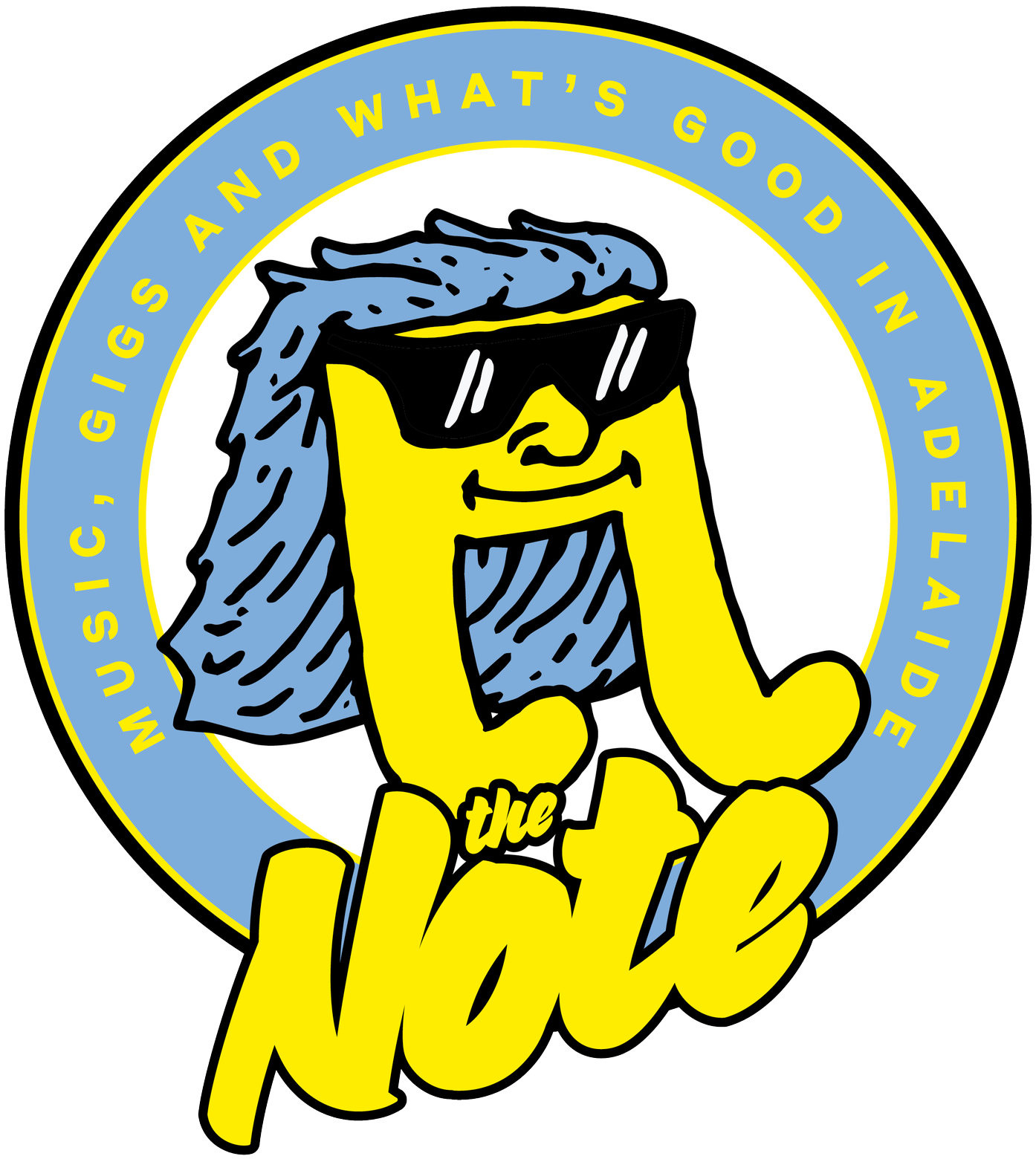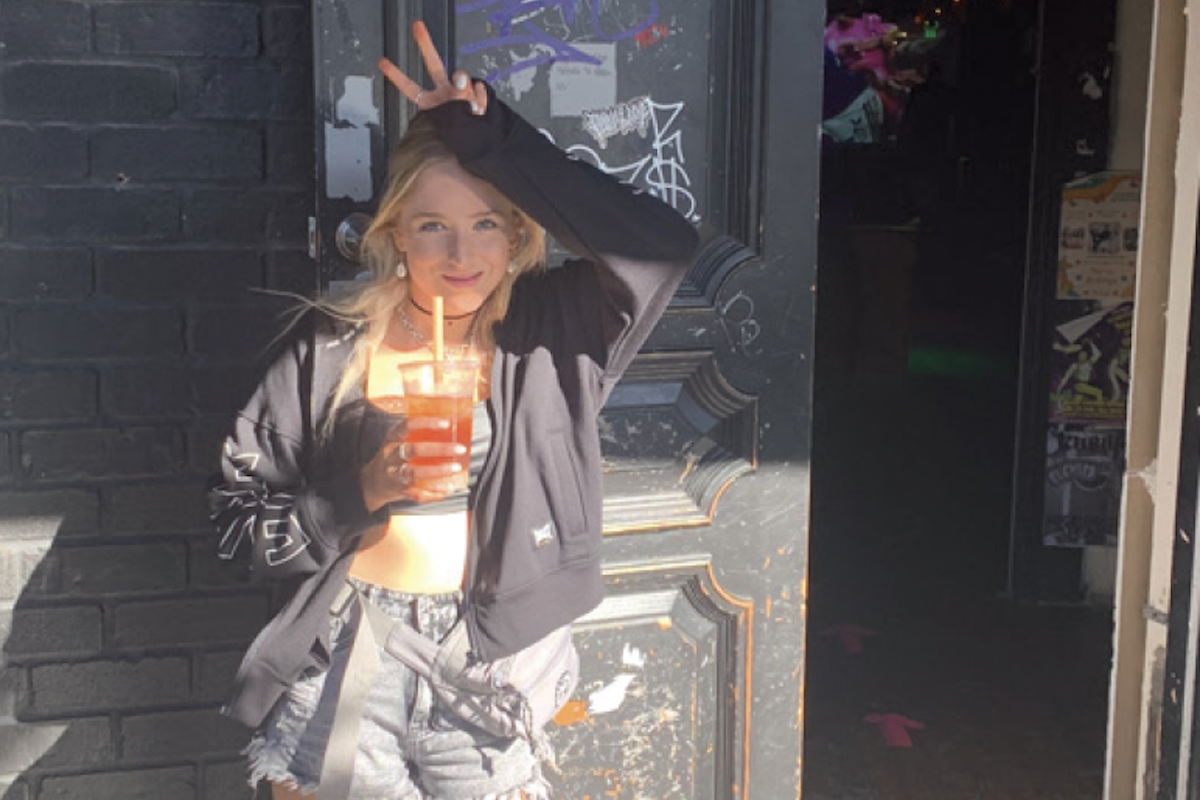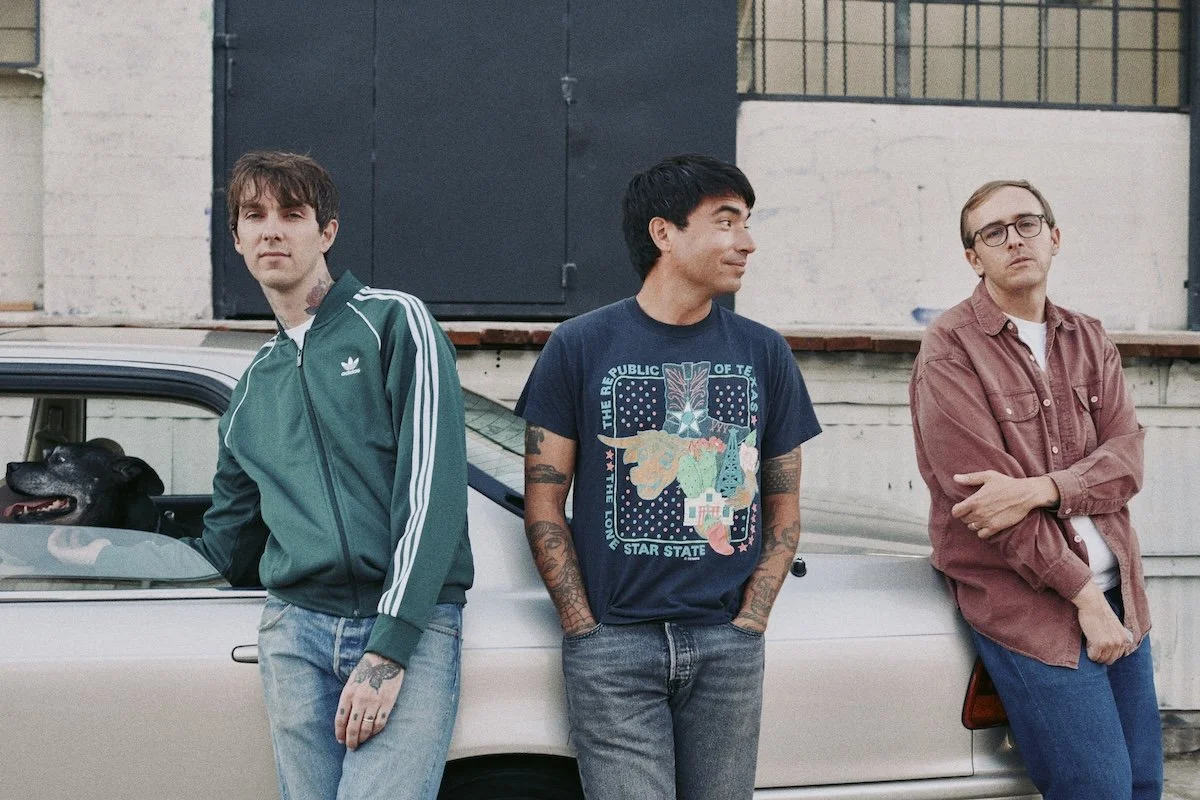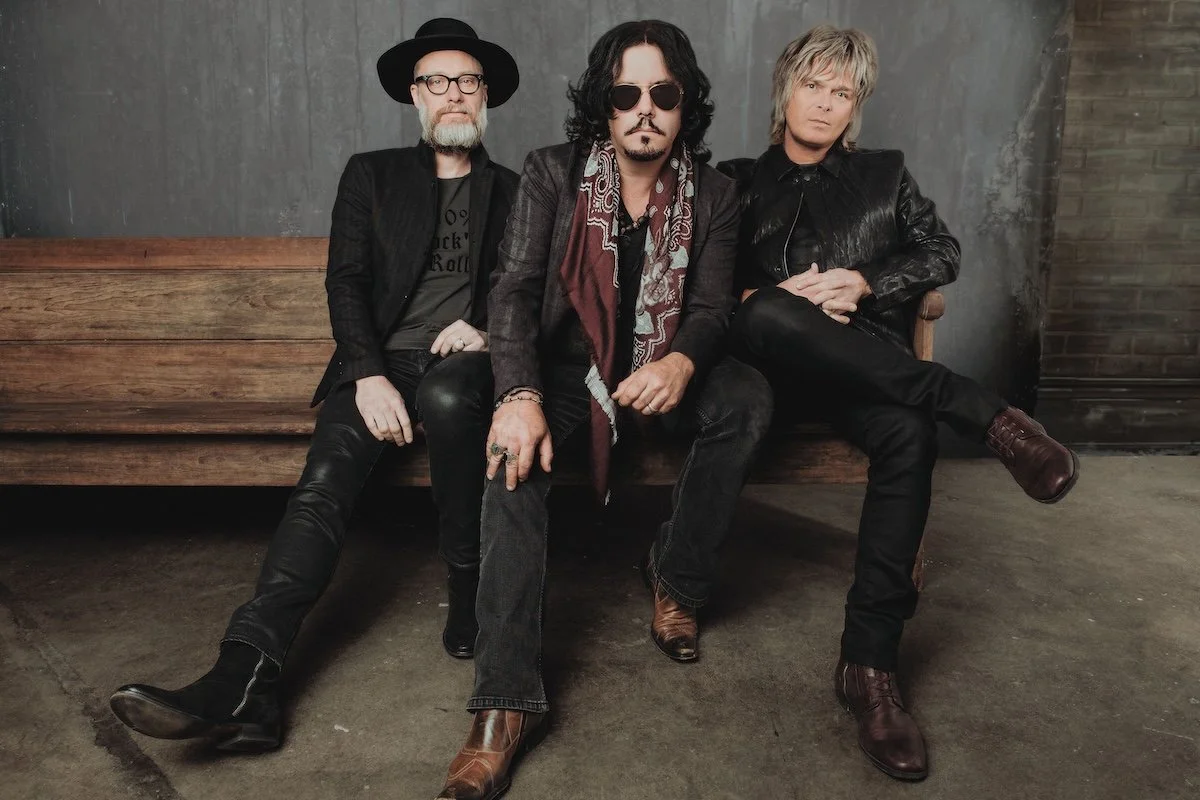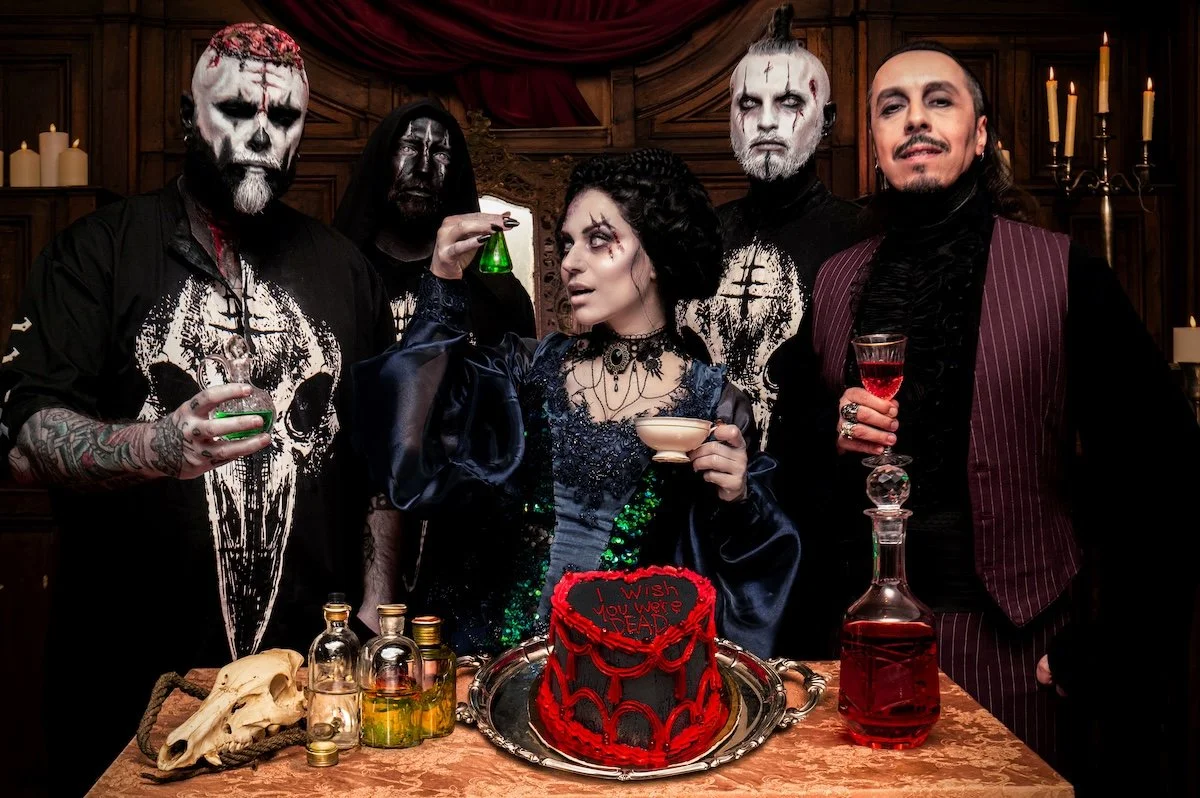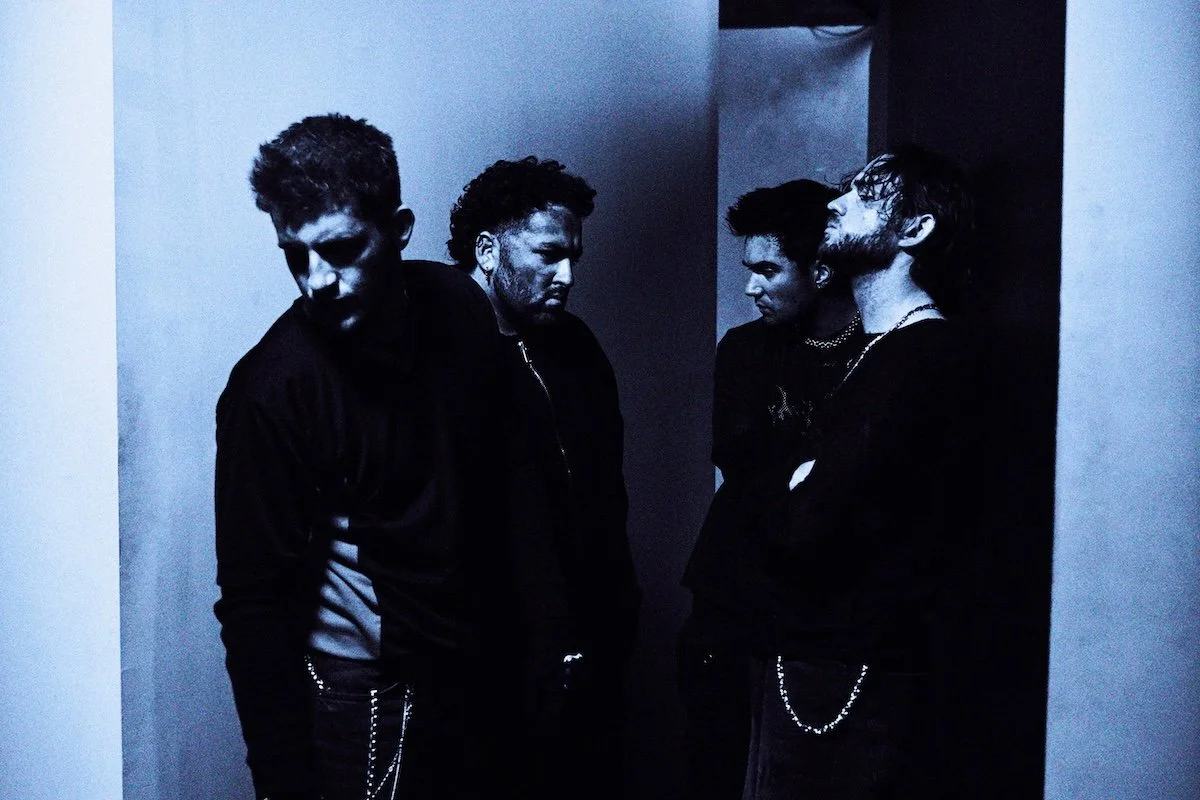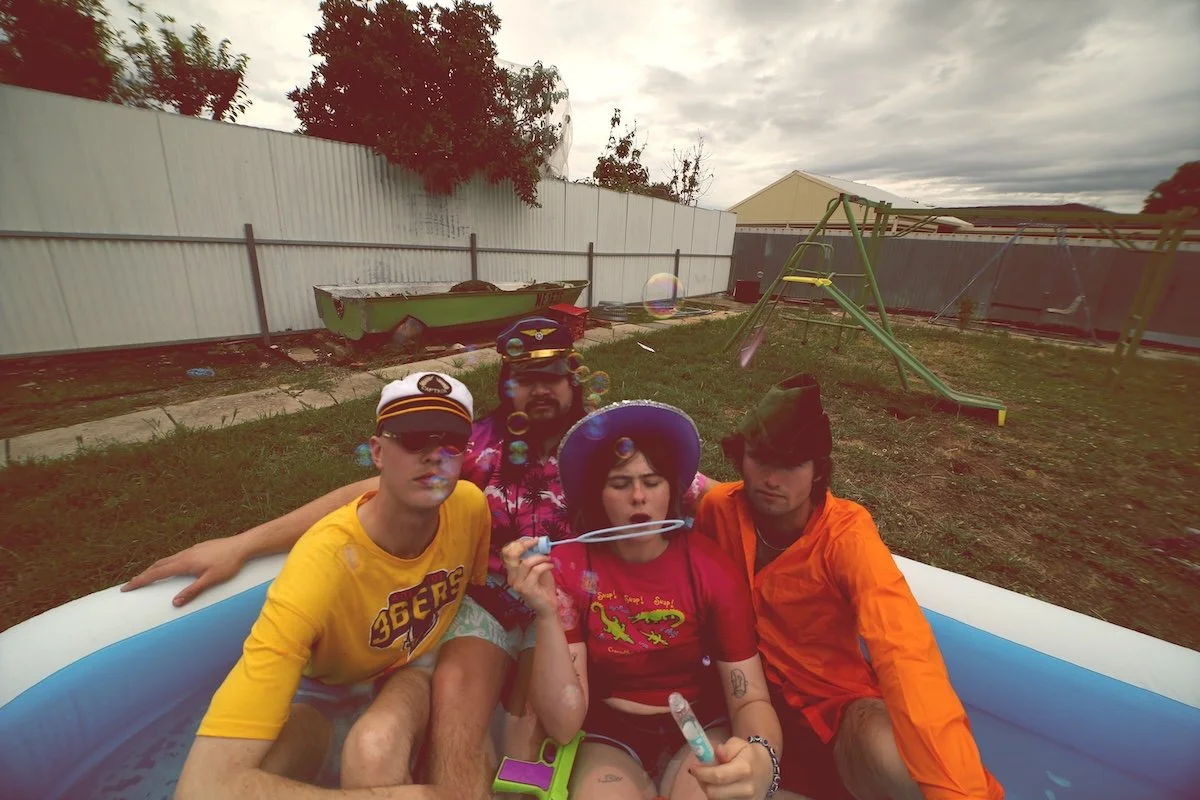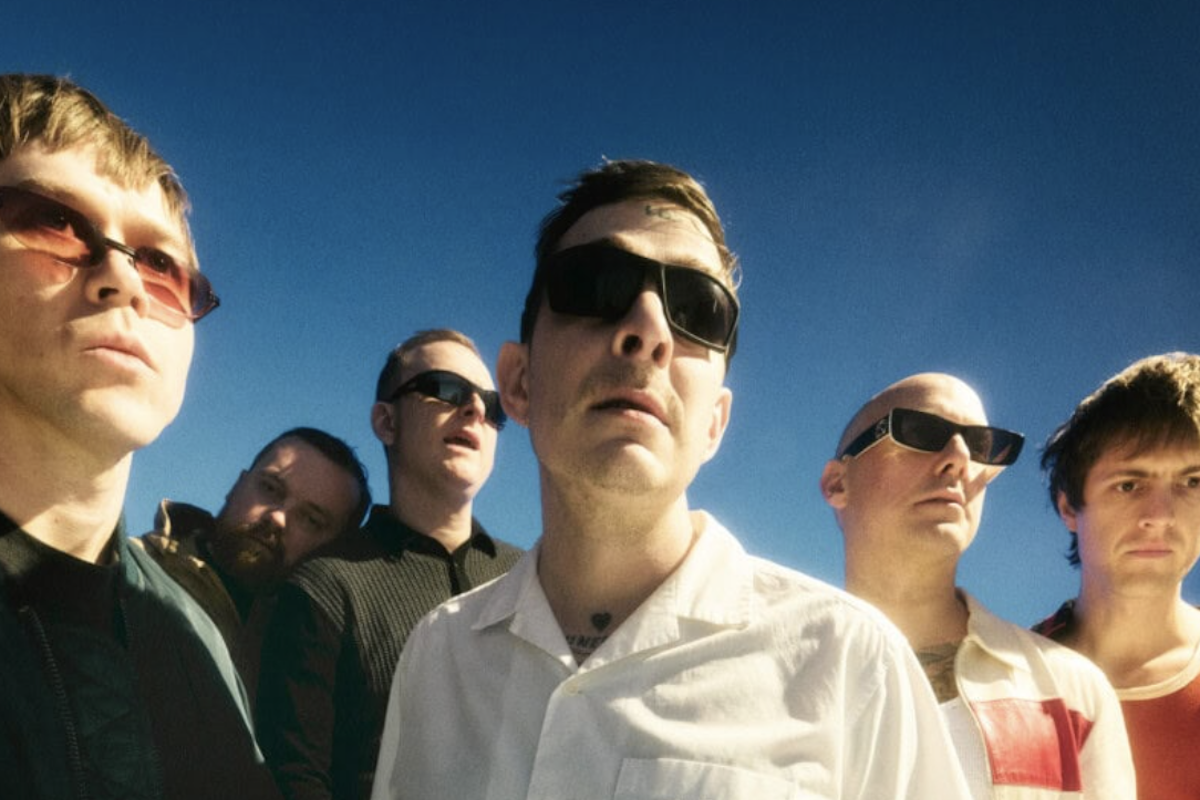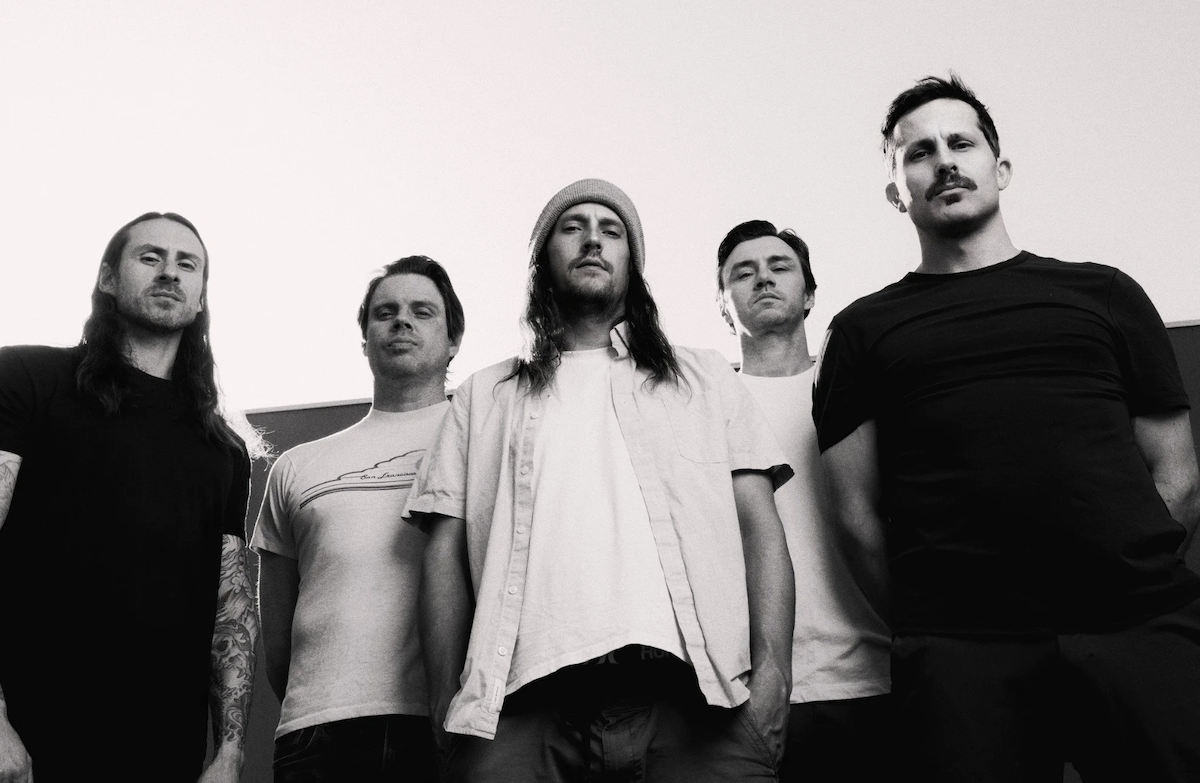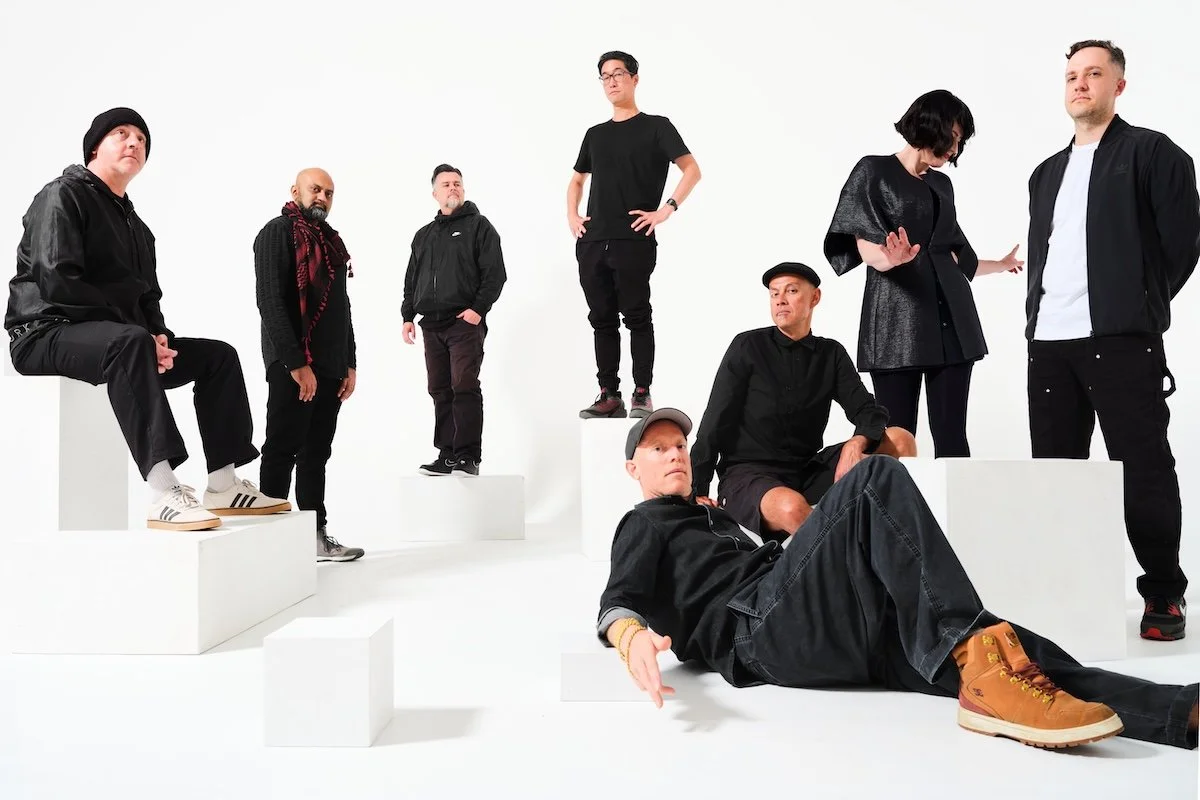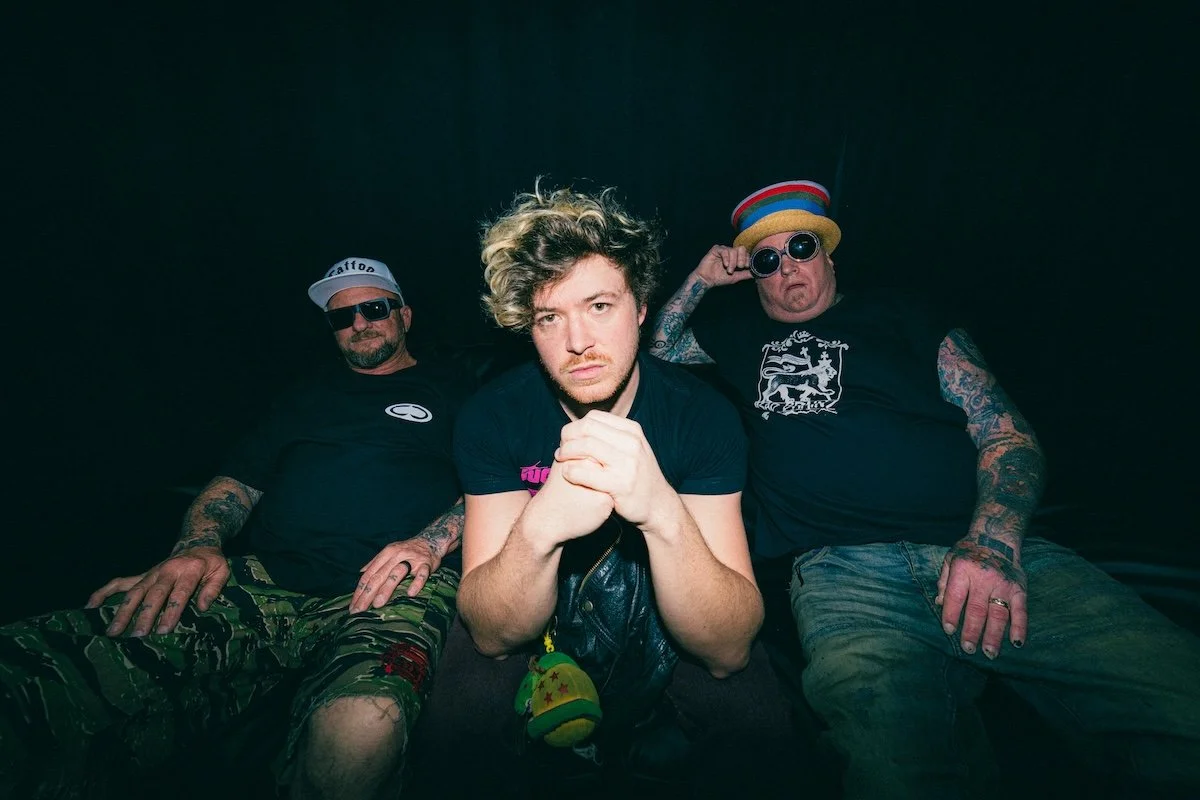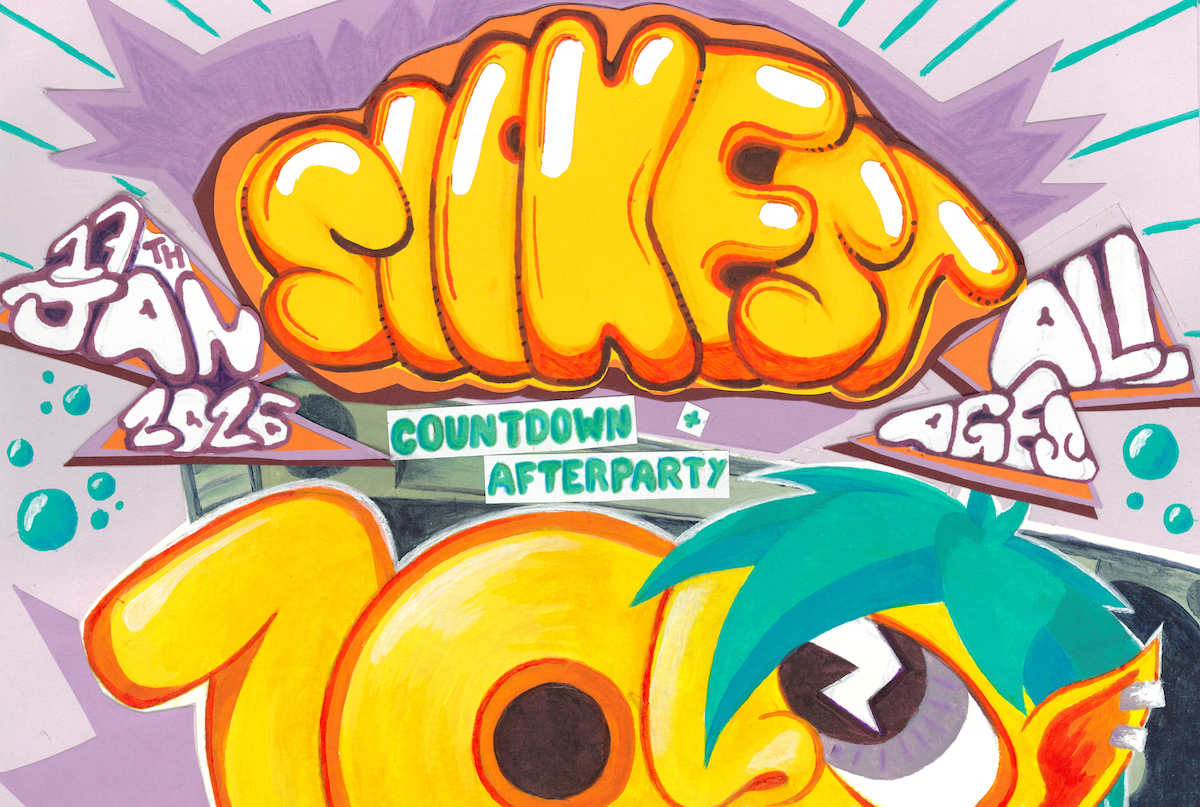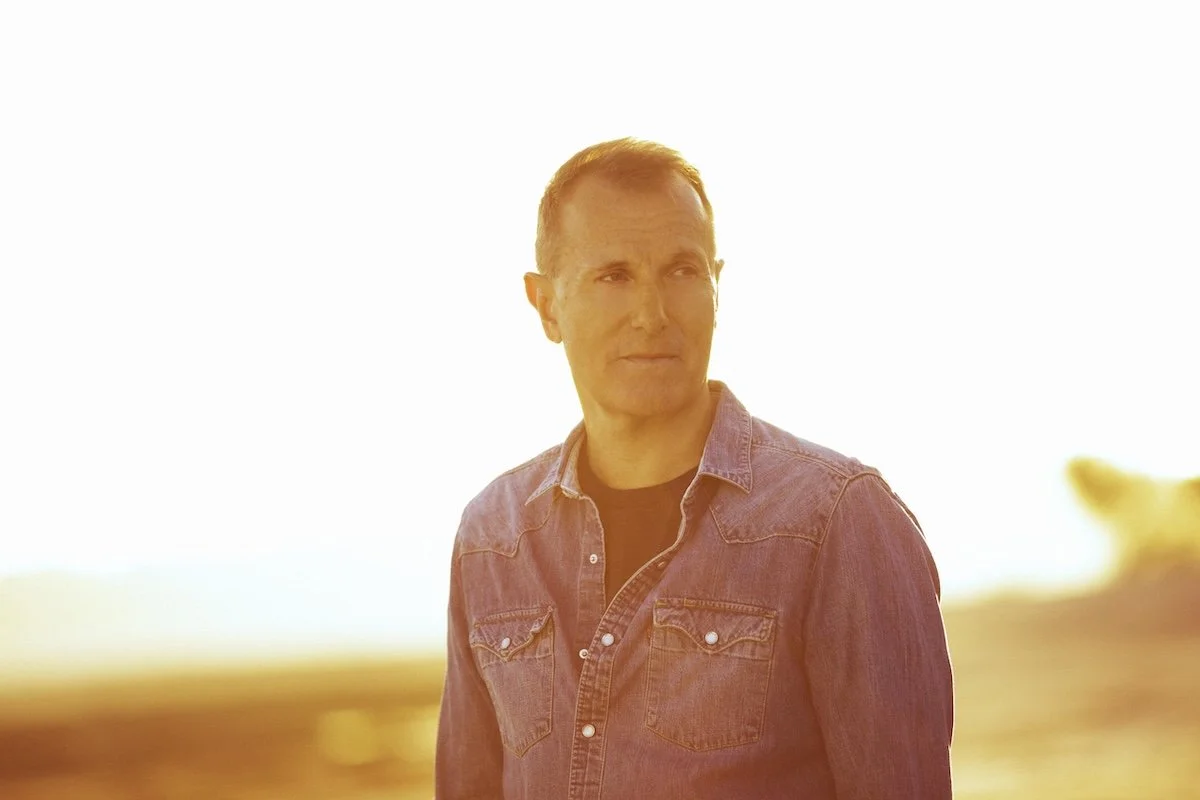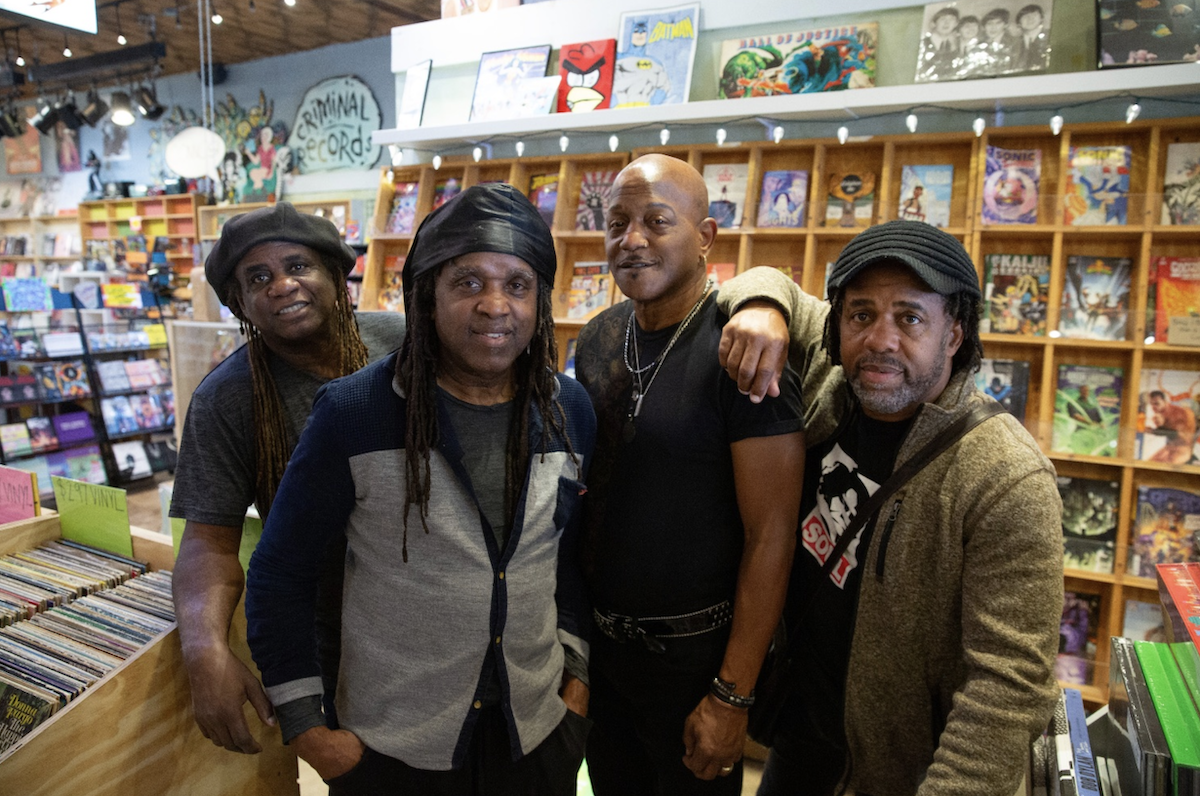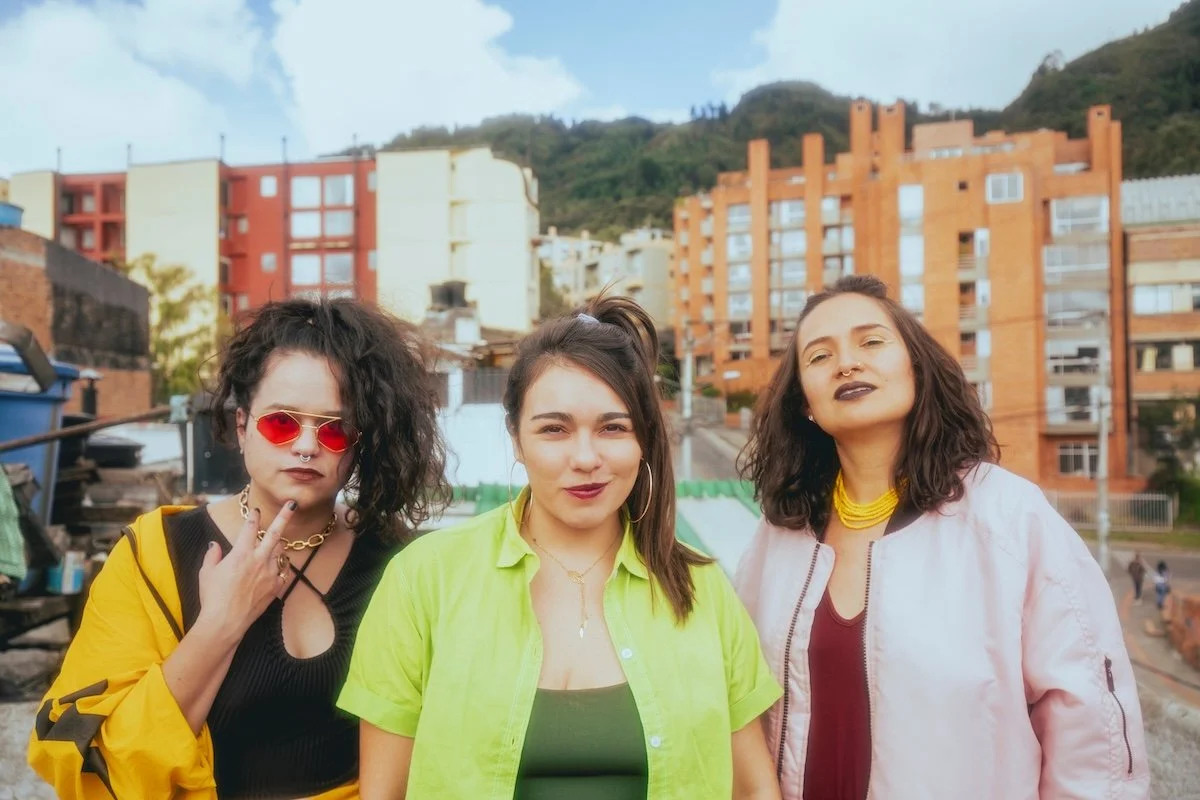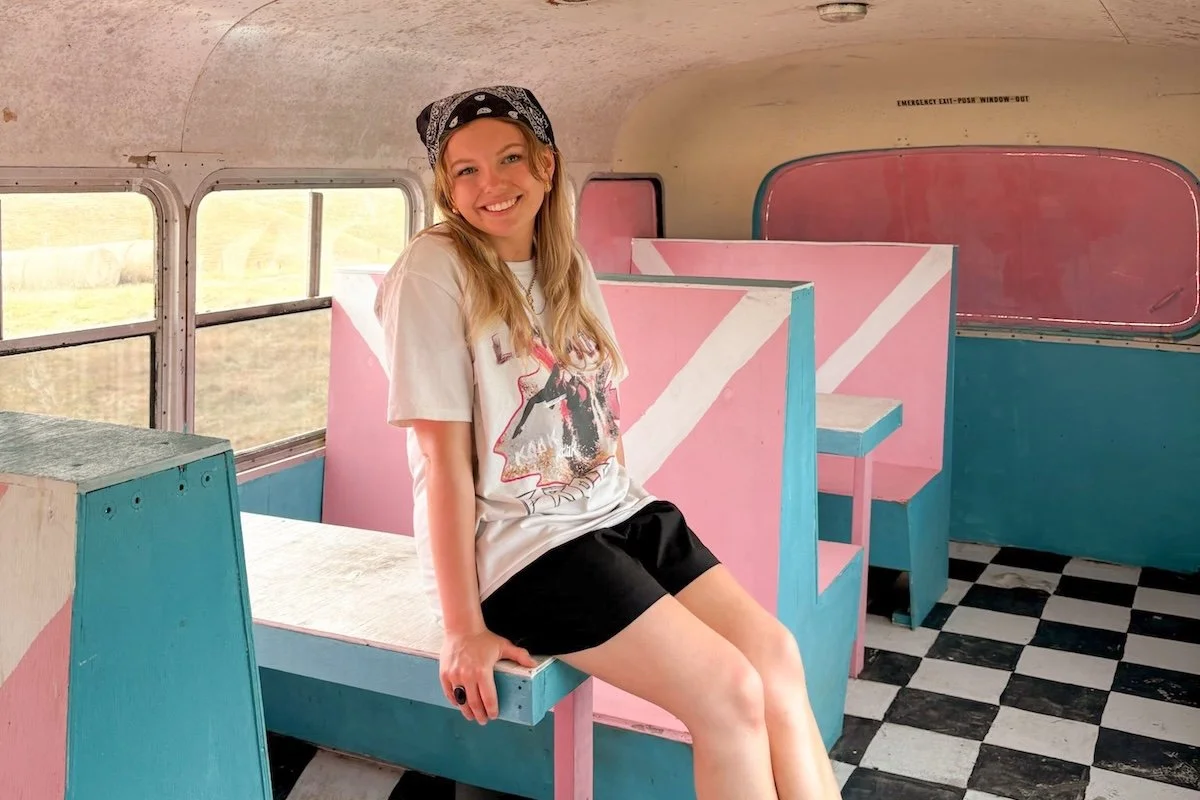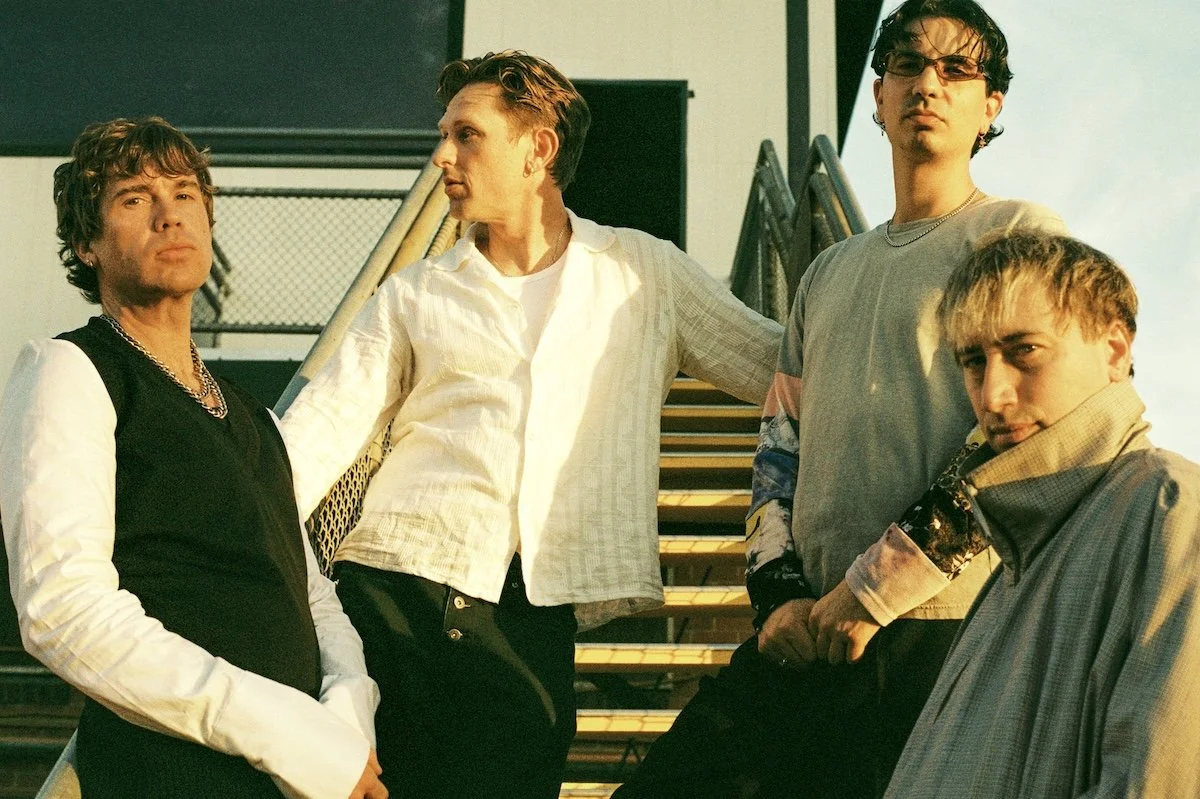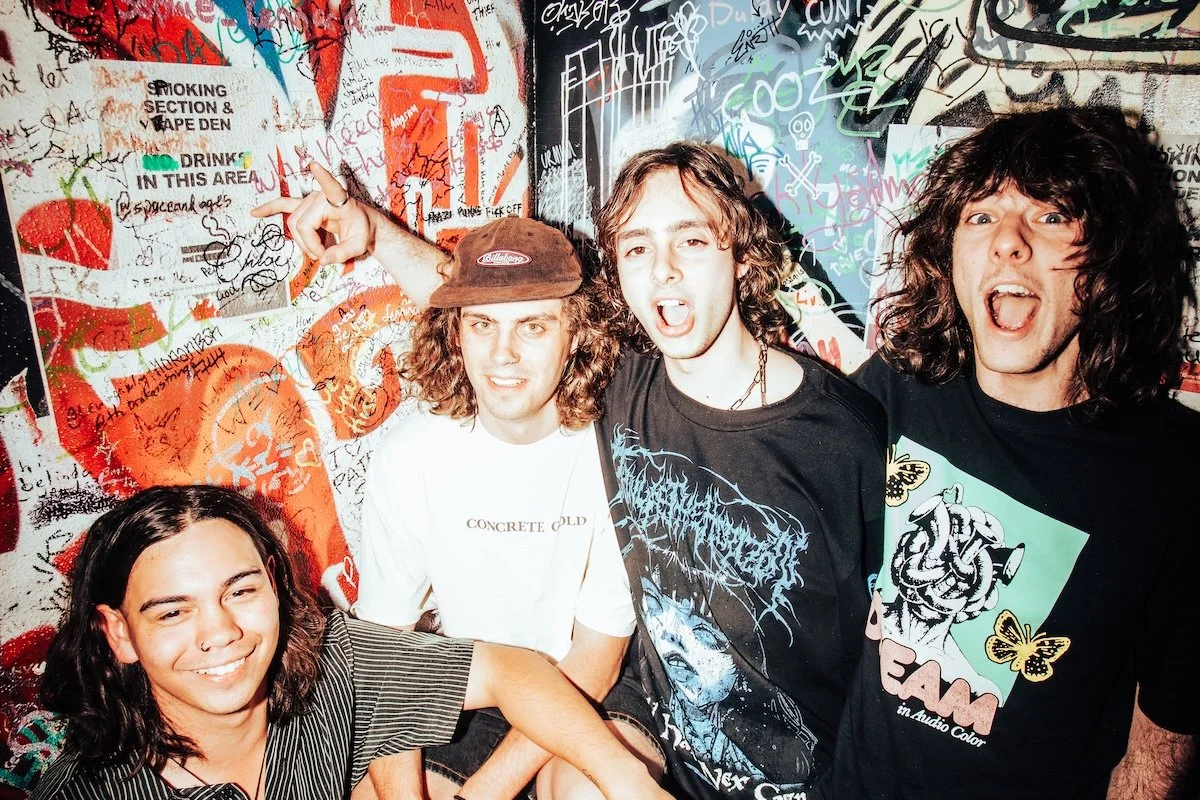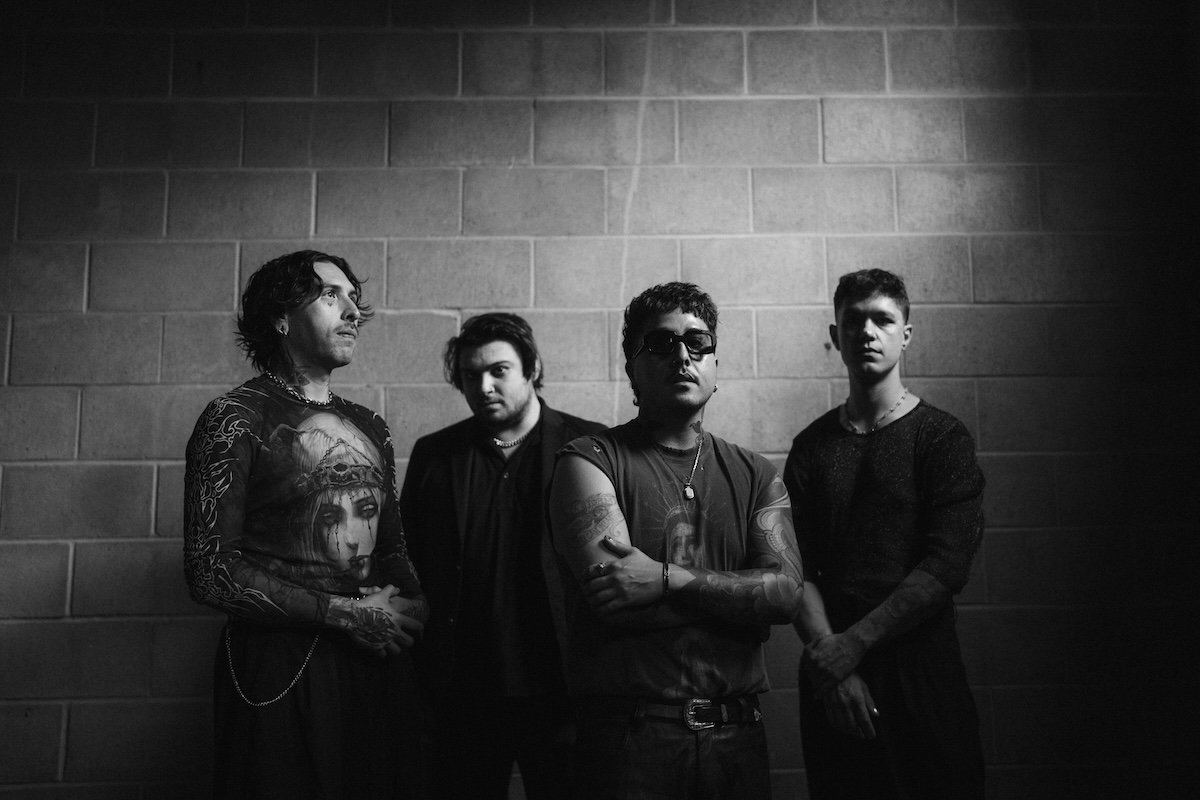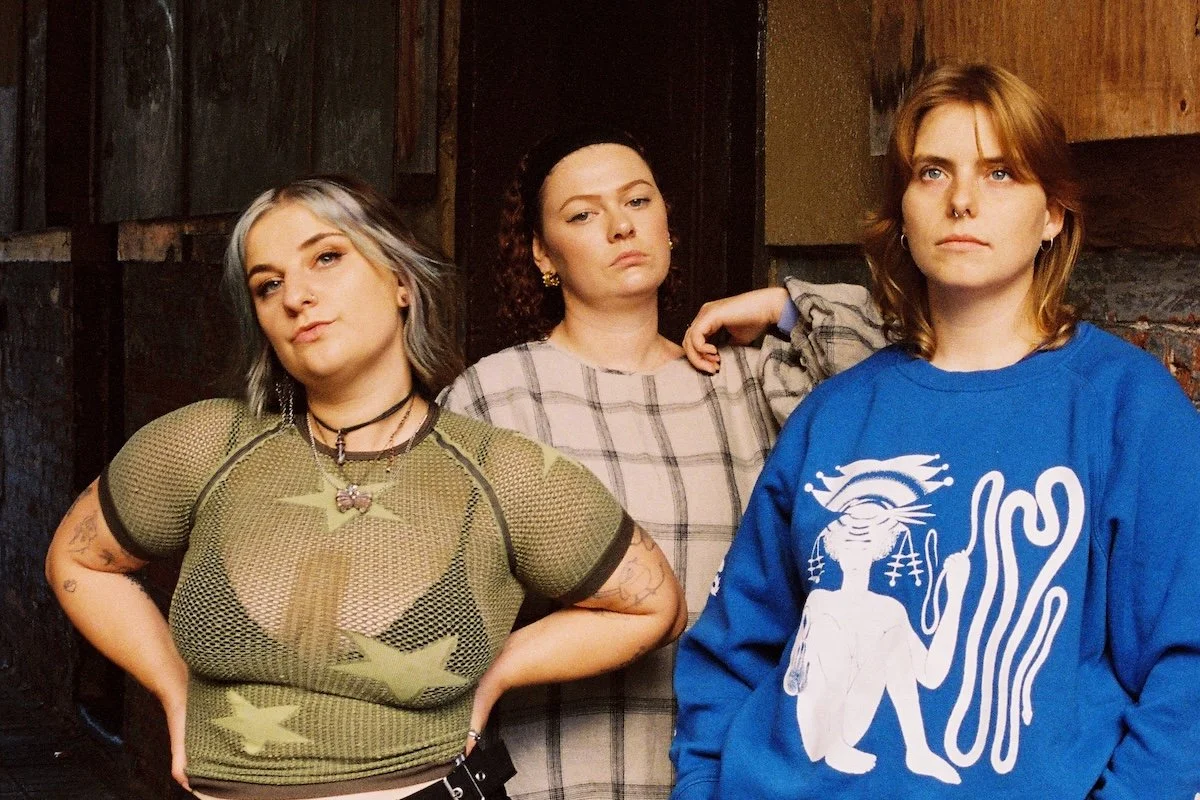Bloc Party: 20 Years of Sounding the Alarm
Celebrating 20 years of Bloc Party’s iconic debut record, Silent Alarm, guitarist Russell Lissack and drummer Louise Bartle open up about the album’s appeal, the gruelling nature of touring and the emotional connection to the music.
Words Emily Wilson // Photo Emily Marcovecchio
When Bloc Party exploded onto the scene with Silent Alarm in 2005, they were lauded as an exhilarating new group whose music became a defining sound of the indie sleaze era (you know you’ve made it when you frequent the soundtracks of iconic shows such as Gossip Girl and Skins). NME named it ‘Album of the Year’, beating out Sufjan Stevens’ Illinoise and Gorillaz’ Demon Days, and it has since sold more than one million copies worldwide. This year, the album turns twenty, and its hold on the public persists.
Speaking over Zoom, founding member and guitarist Russell Lissack considers why the album possesses such staying power. “I don’t know. It’s hard to put yourself in other people’s minds, why that album in particular has stuck for people. It’s great that it has, it’s really special to me. I guess [Silent Alarm] had a kind of urgency about it at the time that made it stand out. And that really resonated with people. I guess a lot of it is also the music that you connect with in your formative years, as a teenager, it becomes the soundtrack to your life in a way. And we’re fortunate that a lot of people chose to have us as at least part of the soundtrack of that period of their lives.”
Louise Bartle, who has been drumming for Bloc Party since 2015, admits that she wasn’t aware of the album when it first came out. “I think I was twelve or eleven when it came out, so I wasn’t really listening to a lot of that kind of stuff at the time. Weirdly, I missed Bloc Party entirely until I auditioned and met the guys. I literally didn’t know the music… I came up in the emo era, you know what I mean? When I heard the record, I was like, ‘okay, I’m going to have to have my stamina up’,” she says while laughing.
First formed in 1999 by Russell Lissack and Kele Okereke, Bloc Party has shapeshifted over the years. In 2002, Gordon Moakes joined as the bassist after answering an advert in NME, followed by Matt Tong as the drummer after an audition. Tong left the band in 2013, due to simmering tensions. Moakes left in 2015 to pursue his own project, Young Legionnaire. As of now, the line-up includes Lissack and Okereke, as well as Bartle and Harry Deacon.
Through all this metamorphosis and all these different eras, what has been Bloc Party’s consistent throughline? “I can’t speak on that because I haven’t been here forever, but the obvious answer is Kele and Russell,” says Bartle, grinning with reverence for her bandmates.
“Musically, the ethos has always been about reinvention and trying to do something different,” says Lissack. “In terms of what we do creatively, we make music, we make albums, and then after that, we tend to like to do something different to what preceded it. I guess in the live sphere, it feels like the continuous thread has been the energy that we try to bring to the performances. That’s always been a big thing for us: the energy that we have onstage, and the chemistry, and the energy from the audience. That’s always been an important part of what we do.”
That energy is set to be conveyed on stage later this year when Bloc Party embarks on their Australian tour celebrating the 20th anniversary of Silent Alarm alongside American rock outfit Young The Giant. Though they are resolute, experienced professionals, it is easy to imagine constant touring – the physically and emotionally scattering nature of it all – to be a challenging experience.
“I think I found it more difficult when I was younger. I think real life is harder,” Bartle says with a laugh. “You’re getting taken away and doing this awesome thing: playing shows and getting validated every night. It’s not such a bad life. The hardest part is the moving, no routine. But if that’s your biggest problem, you’ve got it good. I’ve got a great life, I’m not complaining at all. I don’t think it’s difficult.”
READ MORE: Still Wild, Still Wolfmother
“I think it’s different for everyone,” Lissack adds. “The main thing for me is I’ve got the family at home. So obviously, that is the most challenging part. And there is the sleep deprivation. But the actual touring itself is generally enjoyable. The job isn’t even playing the shows. Playing the shows is brilliant. The job is travelling, really.”
Revisiting the songs that jump-started his career must be an emotional experience.
“A lot of the songs we’ve played fairly continuously since the album came out, for twenty years now,” Lissack says. “And then some of them we haven’t played in such a long time, and we’re kind of dusting them off for the tour. I still really enjoy the songs that we’ve played at almost every show for twenty years. When we play ‘Helicopter,’ for example, there’s still that same energy, and the reaction you get, every single time, from an audience, still makes me feel as excited as I did when I started playing them twenty years ago.
Silent Alarm is famous for capturing the frenetic angst of the time, but its themes of alienation, despair and emotional chaos still ring true. Take the first line of the album, which Okereke howls with wide-eyed urgency: “It’s so cold in this house.” He was singing about the early 2000s, but he could well be singing about the 2020s.
“Those songs that we’ve been playing for a long time, they’re very immediate, from the first chord, from the minute the song starts,” Lissacks reflects. “I suppose when you do a tour like this, there’s an expectation from the audience because they know what they came to see. They come to see predominantly songs from that era. It’s a nice thing because there’s already a level of anticipation that people are showing. There’s kind of an energy in the air from the offset. I guess it makes it easier in a way, because you’ve already won them over, to a degree.”
It seems that audiences have recently been inundated with a spate of anniversary tours as we enter ever socially tumultuous and politically divisive times. Are music-lovers, and the music industry itself, more desperate than ever to hold onto the past?
“I think the music industry in general has changed a lot in the last ten years,” Lissack weighs in. Anniversary tours, artists co-headlining – both of those kinds of things have increased in popularity a lot in the last few years. Nostalgia has always been a powerful thing; that’s not a new concept. It’s probably more symptomatic of the economics of the music industry now, how challenging it can be to tour successfully, and how reliant people are on touring, versus other forms of income like streaming and so on. That’s kind of the non-romantic view of things.”
“Maybe audiences are more emotionally driven?” Bartle muses. “Like Russell was saying, you find music in your teenage years… I have that with other artists and have a really strong attachment to their music. So, as we get older, and we’re accepting that we’re getting older,” she says with mock hysteria, “we’re like, let’s cling to the past!” She nods to herself. “It’s just clinging to the past, isn’t it?”
Bloc Party play AEC Theatre on August 4 supported by Young The Giant. Tickets on sale now via ticketek.com.au.
